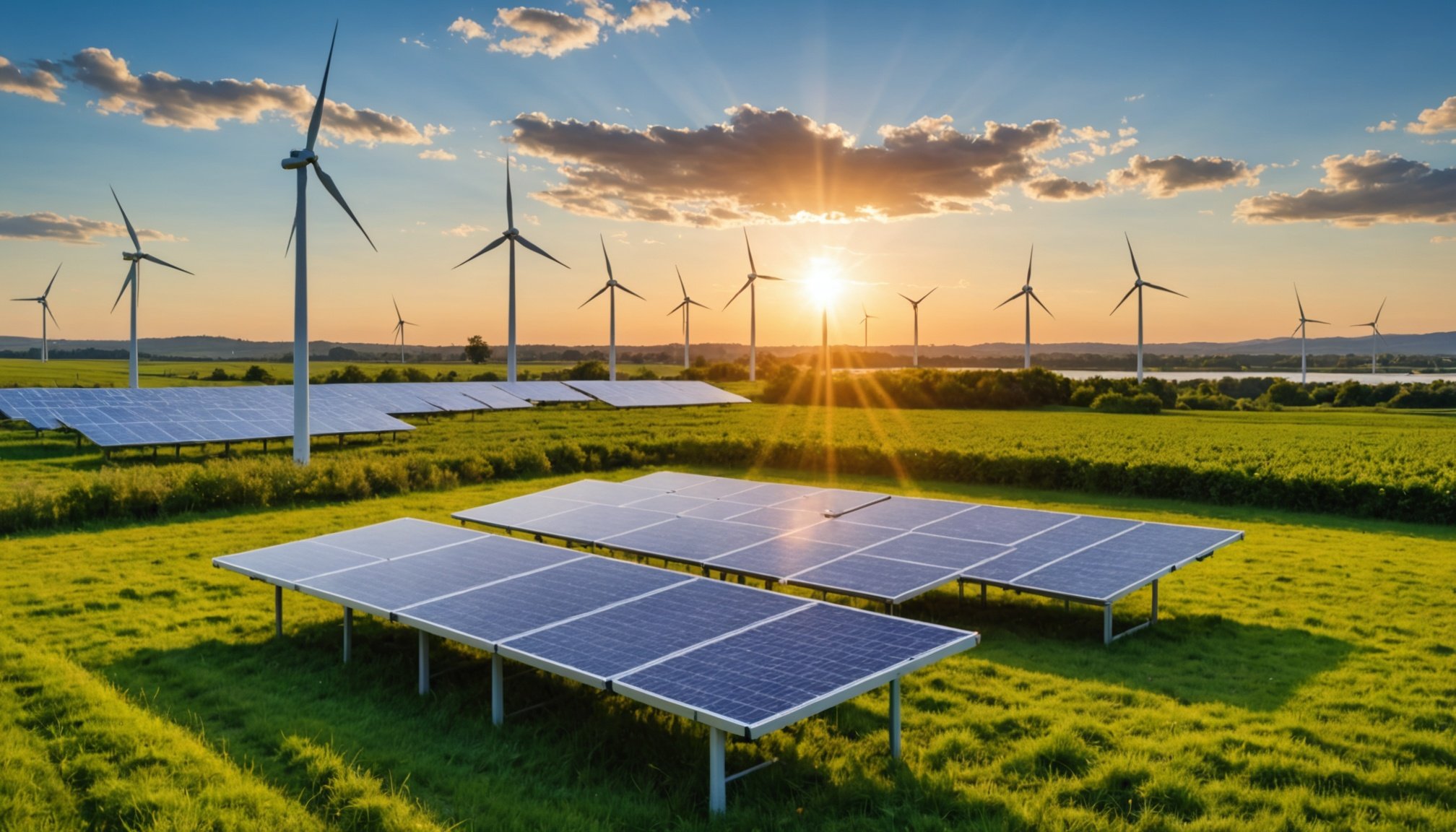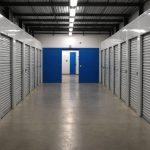Adopting sustainable energy solutions can transform business growth by reducing costs and boosting efficiency. Exploring solar, wind, geothermal, and biomass options reveals tailored approaches for diverse industries and sizes. Aligning energy choices with long-term strategies enhances competitiveness and reputation, turning eco-friendly practices into measurable performance gains. Understanding financial impacts and implementation tactics empowers businesses to navigate the transition smoothly, while keeping pace with emerging innovations secures a forward-looking advantage in a rapidly evolving market.
Leading Sustainable Energy Solutions for Business Growth
Choosing the right sustainable energy options is crucial for businesses aiming to reduce environmental impact while supporting growth. Among the most effective renewable energy types are solar, wind, geothermal, and biomass, each offering unique advantages depending on business size and industry.
Also to see : Empowering businesses with sustainable energy solutions
Solar energy stands out for its adaptability and scalability. It suits small businesses installing rooftop panels as well as large corporations investing in solar farms. Wind energy is optimal for businesses located in areas with consistent wind speeds, often benefiting medium to large enterprises with access to open land. Geothermal energy, while requiring a higher initial investment, provides reliable base-load power ideal for operations demanding constant energy supply. Biomass energy utilizes organic materials, making it valuable for agriculture-related industries or businesses with access to organic waste.
When assessing business energy solutions, it’s essential to consider factors such as upfront costs, maintenance requirements, and local resource availability. Aligning these aspects with long-term growth strategies ensures energy investments support operational scalability and sustainability goals. Incorporating the right mix of renewable energy types can lead to cost savings, enhanced brand reputation, and compliance with evolving regulations.
Also to read : Essential guide to selecting the right strapping material
For companies exploring sustainable energy adaptation, resources like Renewable Energy Solutions offer guidance tailored to diverse business needs, helping integrate these options effectively into growth plans.
Impact of Sustainable Energy Adoption on Business Performance
Adopting sustainable energy directly influences multiple aspects of a company’s success, notably business growth, energy efficiency, and competitive advantage. Businesses that invest in renewable energy sources often experience significant cost savings by reducing reliance on traditional energy grids, which promotes long-term financial stability. For example, shifting to solar power or wind energy cuts energy bills, freeing up capital that can be reinvested into core operations or expansion efforts.
Moreover, enhancing energy efficiency through sustainable practices means utilizing resources more intelligently. This not only lowers operational costs but also reduces the company’s carbon footprint, aligning with global environmental standards. Such improvements boost a business’s reputation, attracting eco-conscious consumers and investors who prioritize sustainability.
The competitive advantage gained is twofold: companies differentiate themselves in increasingly green-focused markets, and they are better equipped to comply with evolving regulations, avoiding potential penalties or disruptions. Real-world cases affirm these benefits firms embracing sustainable energy report increased productivity, improved stakeholder trust, and stronger brand loyalty.
Incorporating sustainable energy solutions is not just an environmental choice but a strategic business decision that fosters growth, efficiency, and a solid market position.
Financial Considerations and Cost-Benefit Analysis
When evaluating renewable energy ROI, businesses must first consider the initial investment required for installation and system setup. This up-front cost varies widely depending on the technology—solar panels, wind turbines, or other sustainable energy costs and the scale of the implementation. Beyond installation, ongoing maintenance expenses should be factored in to ensure a realistic view of total cost.
In assessing the investment analysis, the focus often turns to the return on investment timelines. Typically, many renewable energy systems begin to generate savings within 5 to 10 years, depending on energy usage patterns and local energy prices. These savings stem from reduced utility bills and sometimes from selling excess energy back to the grid. Importantly, many regions provide financial incentives such as tax credits, grants, or rebates which can significantly shorten payback periods and improve the project’s financial attractiveness.
Effective financial planning and risk mitigation are essential when undertaking a transition to sustainable energy. Organizations should model scenarios including varying energy prices, maintenance costs, and incentive expirations. This approach enables clear projections and readiness to manage unexpected changes, fostering confidence in long-term benefits.
Best Practices for Implementing Sustainable Energy in Business
Successful implementation strategies begin with thorough business energy planning. Assessing your business needs is the critical first step. Identify energy consumption patterns, peak usage periods, and potential areas for reduction. Use this data to select sustainable energy solutions tailored to your operational demands.
When integrating sustainable energy technologies, seamless incorporation into existing processes is essential. Start with pilot projects to test compatibility and performance. Train staff to engage with new systems effectively, ensuring minimal disruption. Regular monitoring allows for adjustments that maximize efficiency over time.
To optimise implementation, businesses should leverage partnerships and expert consultancy. Collaborating with Renewable Energy Solutions providers offers access to cutting-edge technology and industry insights. Additionally, engaging experienced consultants helps navigate regulatory requirements and financing options, streamlining the transition.
Combining these steps solidifies a practical, resource-informed approach to embedding sustainability deeply into business operations.
Trends, Innovations, and Expert Insights in Business-Focused Sustainable Energy
Sustainable energy is rapidly evolving, driven by energy trends that emphasize efficiency, integration, and scalability. Among these, renewable innovation is at the forefront, with technologies such as advanced solar panels, energy storage systems, and smart grid solutions transforming how businesses approach energy management. These advancements enable companies to reduce operational costs and carbon footprints while enhancing energy reliability.
Industry experts consistently highlight the growing importance of leveraging data analytics and artificial intelligence to optimize energy consumption and predict demand patterns. This shift not only supports sustainability goals but also opens up new business growth avenues by fostering resilience and competitiveness. Moreover, as markets and regulations evolve, experts advise businesses to stay agile, exploring flexible renewable energy portfolios that align with dynamic economic conditions.
Data-driven projections indicate a significant increase in sustainable energy adoption across diverse sectors. Industries that invest early in renewable innovation tend to experience accelerated growth and improved stakeholder confidence. For companies aiming to stay ahead, understanding these energy trends and integrating expert opinions into strategic planning is crucial. To explore how these trends translate into actionable strategies, businesses can also benefit from targeted Renewable Energy Solutions focused on their unique needs.











